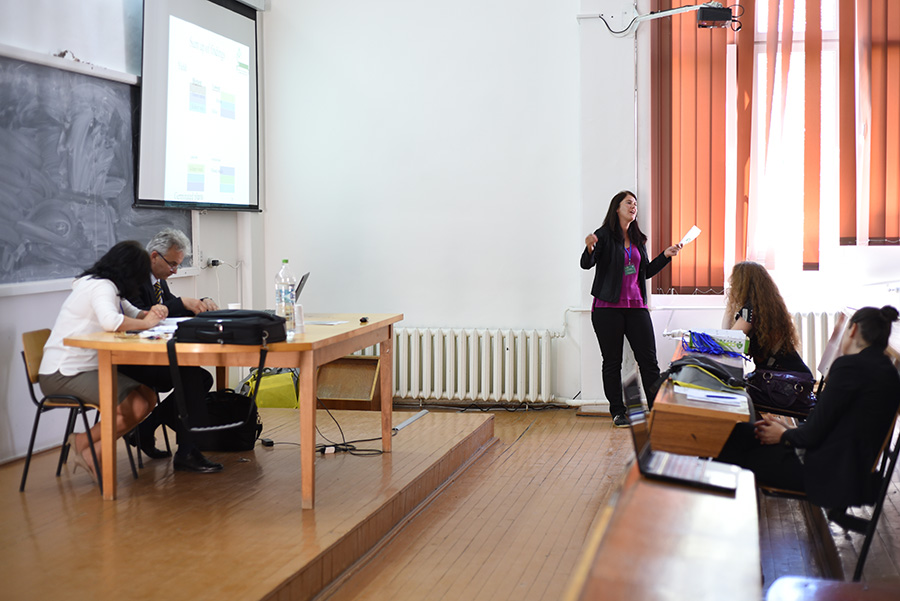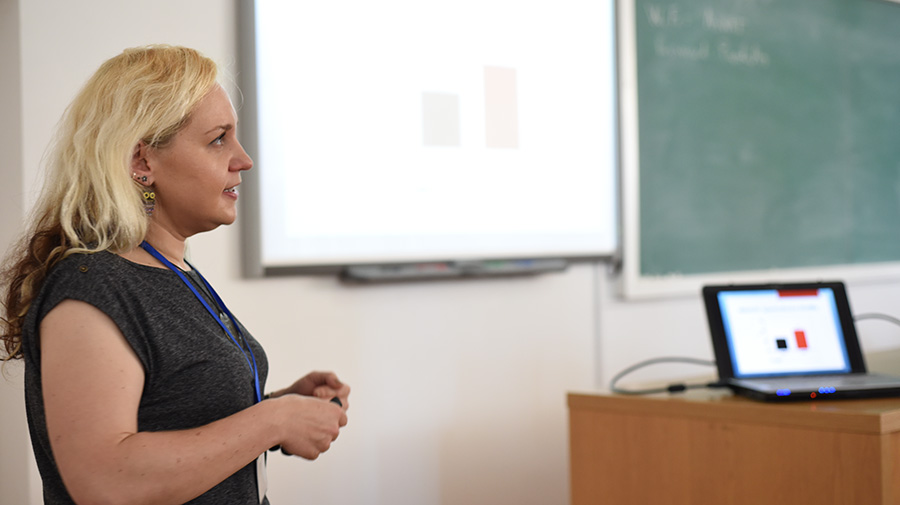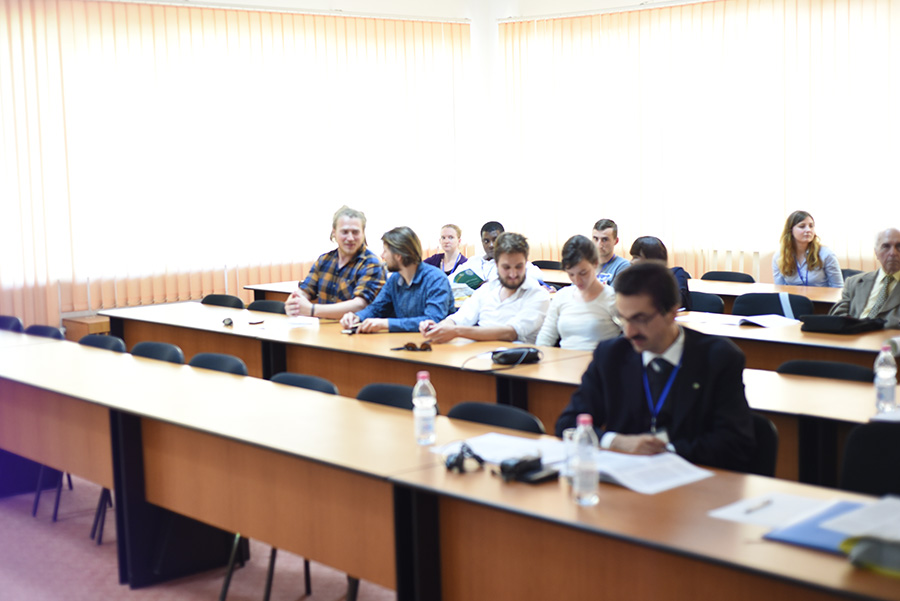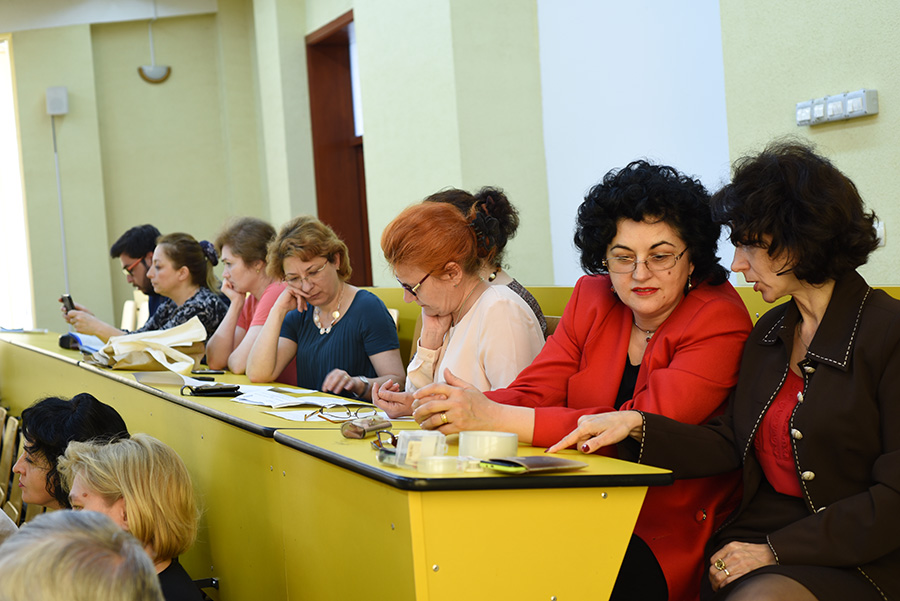Session I
"PRIMARY PRODUCTION AND REGIONAL DEVELOPMENT"
Chair: Prof.dr. Florin Stănică
University of Agronomic Sciences and Veterinary Medicine of Buch arest
arest
Co-Chair: Prof.dr. Georgeta Pop
Banat’s University of Agricultural Sciences and Veterinary Medicine "King Michael I of Romania" from Timișoara
In the plenary Session 1 - Production and Regional Development, 7 oral papers were presented on several topics.
The sustainable land management was presented by analysing the impact of socio-economic development and policies in agriculture.
The European agricultural landscapes were shown as a driver for socio-economic benefits in rural regions by the empirical results of the EU project "CLAIM".
The field crop technology was represented by one paper on the influence of cover crops on soybeans (Glycine max).
The topic Maize genetics and breeding included two presentations on the effect of simulated hail and late spring frost on certain parental forms of registered maize hybrids in north-west Transylvania and on the influence of genetic diversity on aspects on the biochemical composition of some maize isonuclear inbred lines.
Enthomology was represented by one interesting paper on synecological analysis of the endogenic group ground beetles in oilseed rape fields in Croatia.
The oral session was concluded with Plant physiology and biochemistry with detailed data on the yield and physiological and biochemical parameters of Ocimum basilicum L. under foliar ecological fertilisation.
The poster session included 10 presentation on Agrotourism, Soil science and fertilization, Crop technology, Animal science, Enthomology and biological control, Plant physiology and biochemistry and Marketing.
The presenters where mainly young researchers and PhD students from Bosnia-Herzegovina, Austria, Romania, Croatia and Hungary, who presented interesting results from their research activity.
The session included active discussions and was a real opportunity for sharing opinions and ideas and for planning future cooperation among the participants and their institutions.
Presentations:




